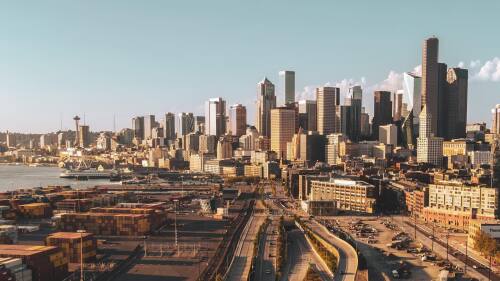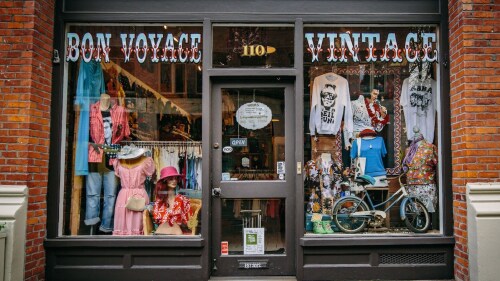Ever travel outside the Emerald City and notice a sizable difference in chain restaurants you see? And we’re not talking about the magic of Dick’s.
Friendly Cities Lab, a research group at Georgia Tech, has developed an interactive map that allows you to tour the US and compare a metro area’s average “chaininess” — i.e. the number of chain restaurants that an area has — based on some pretty simple math. Turns out Seattle’s score is pretty low, which is a good thing for diners who love supporting local businesses.
How it works
A city’s chaininess score is calculated by the number of outposts there are in the continental U.S. The more outposts, the higher the score. For example, McDonald’s has a score over 13,000 because it has so many locations — whereas independent restaurants often have scores as low as 1 and local franchises like Ezell’s Famous Chicken’s score would be around 18. Then, the map averages all of those scores and assigns a value to the highlighted area.
Where Seattle ranks
- National — 794,600 restaurants, average chaininess of 1,247
- Seattle — 4,500 restaurants, average chaininess of 525
- Portland — 4,100 restaurants, average chaininess of 626
Boston — 5,500 restaurants, average chaininess of 562 - Denver — 5,000 restaurants, average chaininess of 1,054
- Indianapolis — 4,100 restaurants, average chaininess of 1,638
Behind the numbers
Our biggest chain without contest is Starbucks, with 133 storefronts as of April 2019.
Other popular names were surprisingly low in comparison — McDonald’s only has 15 locations within city limits and Taco Bell, Taco Time + Burger King all only had three spots.












